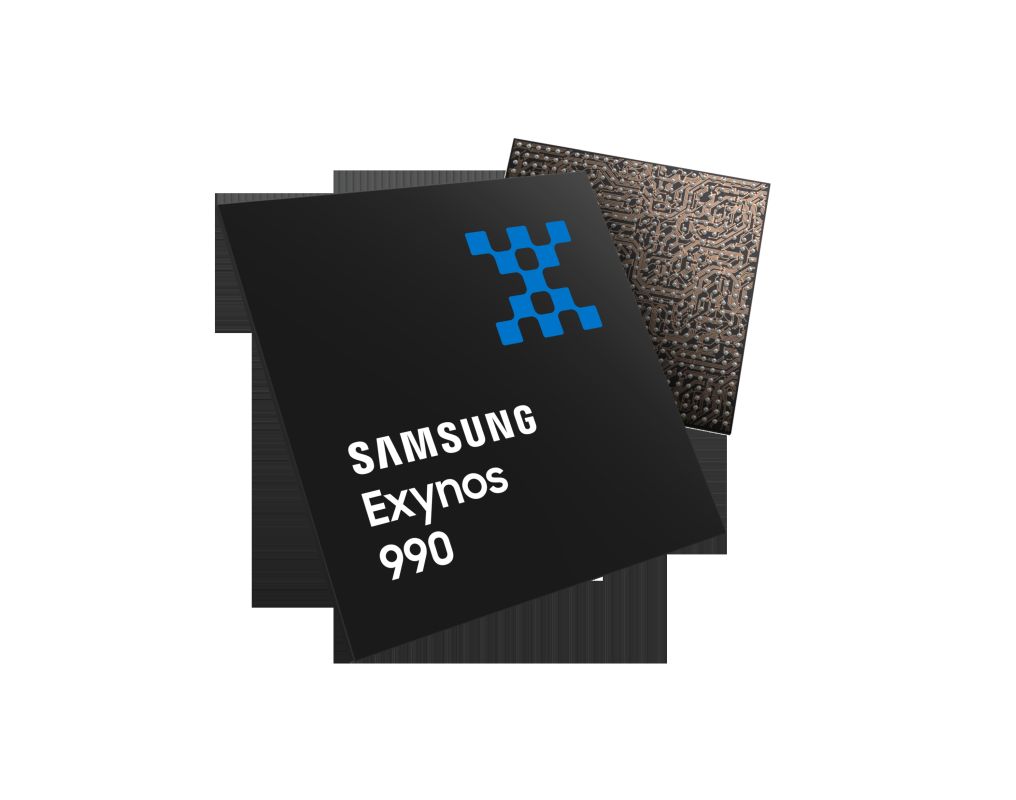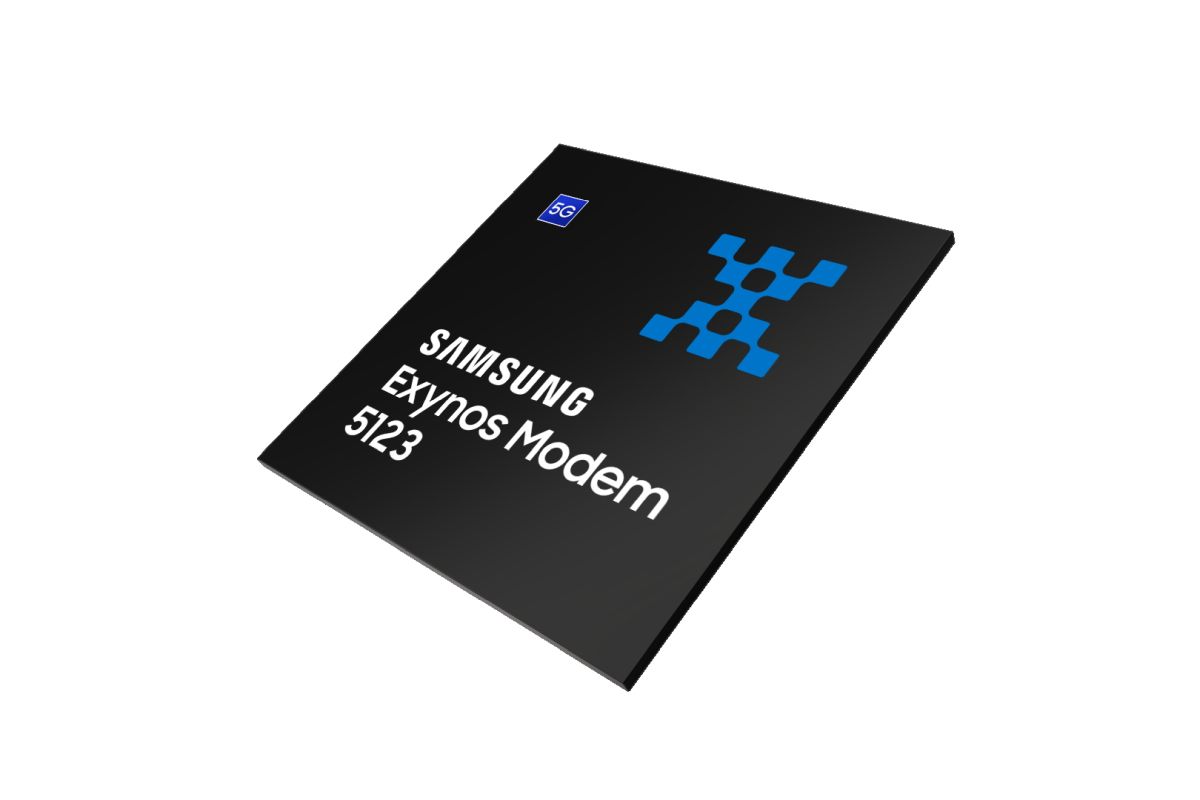On paper, both the Exynos 990 and Exynos Modem 5123 are fabricated using Samsung’s own 7nm extreme ultra-violet (EUV) process technology. In regards to the Exynos 990, the new chipset includes a new ARM Mali-G77 GPU that Samsung says is 20% more powerful and more efficient than its last generation Mali GPU. Like most conventional mobile chipsets, the Exynos 990 has an octa-core CPU that uses a “flexible tri-cluster” function. Including two powerful custom-made cores, two high-performance Cortex-A76 cores, and four Cortex-A55 cores. Additionally, the chipset also features a dual-core Neural Processing Unit (NPU) and DSP that are able to execute more than 10 trillion operations per second (TOPs).
Other features of the Exynos 990 includes support for LPDDR5 memory and a built-in driver for 120Hz refresh rate displays. Additionally, it also comes with an ISP that will enable cameras to capture images at resolutions up to 108MP in size. Moving on, the Exynos Modem 5123 is designed to support 5G bandwidths on a sub-6GHz and waveband and mmWave spectrums. Of course, it will also support currently existing wavebands, including 2G GSM/CDMA, 3G WCDMA, TD-SCDMA, HSPA, and 4G LTE. Performance-wise, we’re looking at download speeds of up to 5.1Gbps in the sub-6GHz range, and up to 7.,35Gbps in mmWave.
The announcement of both the Exynos 990 and 5G Exynos Modem 5123 comes as something of a surprise; just a couple of months ago, Samsung unveiled its Exynos 980 SoC. By comparison, features and specifications on both chipsets look nearly identical, but at this point, it’s still unclear how Samsung intends to market them. Both the Exynos 990 SoC and 5G Exynos Modem 5123 are expected to go into mass production by the end of the year, meaning that we can expect to see them in Samsung’s 2020 high-end, premium devices or the year after. (Source: Samsung)

